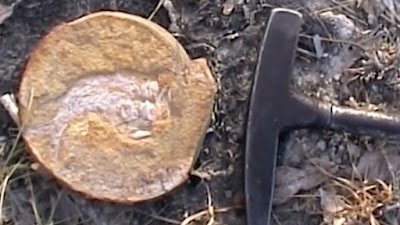They say the specimen captures a key moment in the evolution of the blood-pumping organ found in all back-boned animals, including humans.
The heart belonged to a fish known as the Gogo, which is now extinct.
The "jaw-dropping" discovery, published in the journal Science, was made in Western Australia.
The lead scientist, Prof Kate Trinajstic from Curtin University in Perth told BBC News about the moment she and her colleagues realised that they had made the biggest discovery of their lives.
Usually, it is bones rather than soft tissues that are turned into fossils - but at this location in Kimberley, known as the Gogo rock formation - minerals have preserved many of the fish's internal organs, including the liver, stomach, intestine and heart.
Source: www.bbc.com





An examination of prehistoric fishes has led Researchers to find the oldest heart; this leads into our thoughts about how we have evolved. Resume writing will show the annals of human evolution in an impartial manner to enhance our understanding of the structure and context in the area of resume writing help.
ReplyDelete